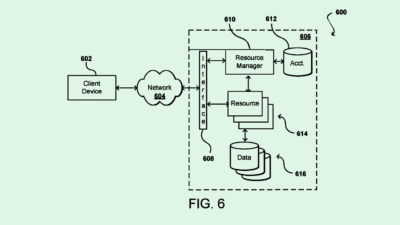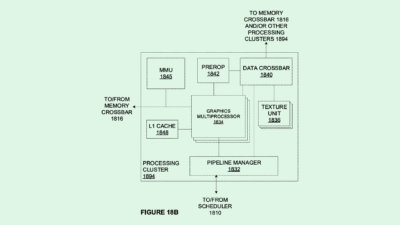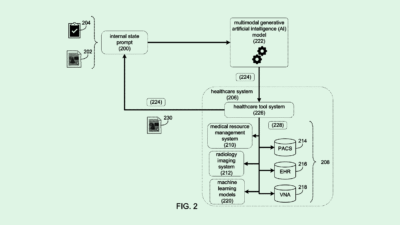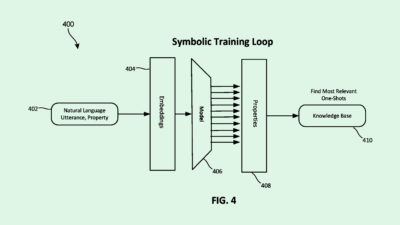Microsoft Patent Could Enable Enterprises to DIY AI Models
Microsoft may want to lower the entry barrier to machine learning.
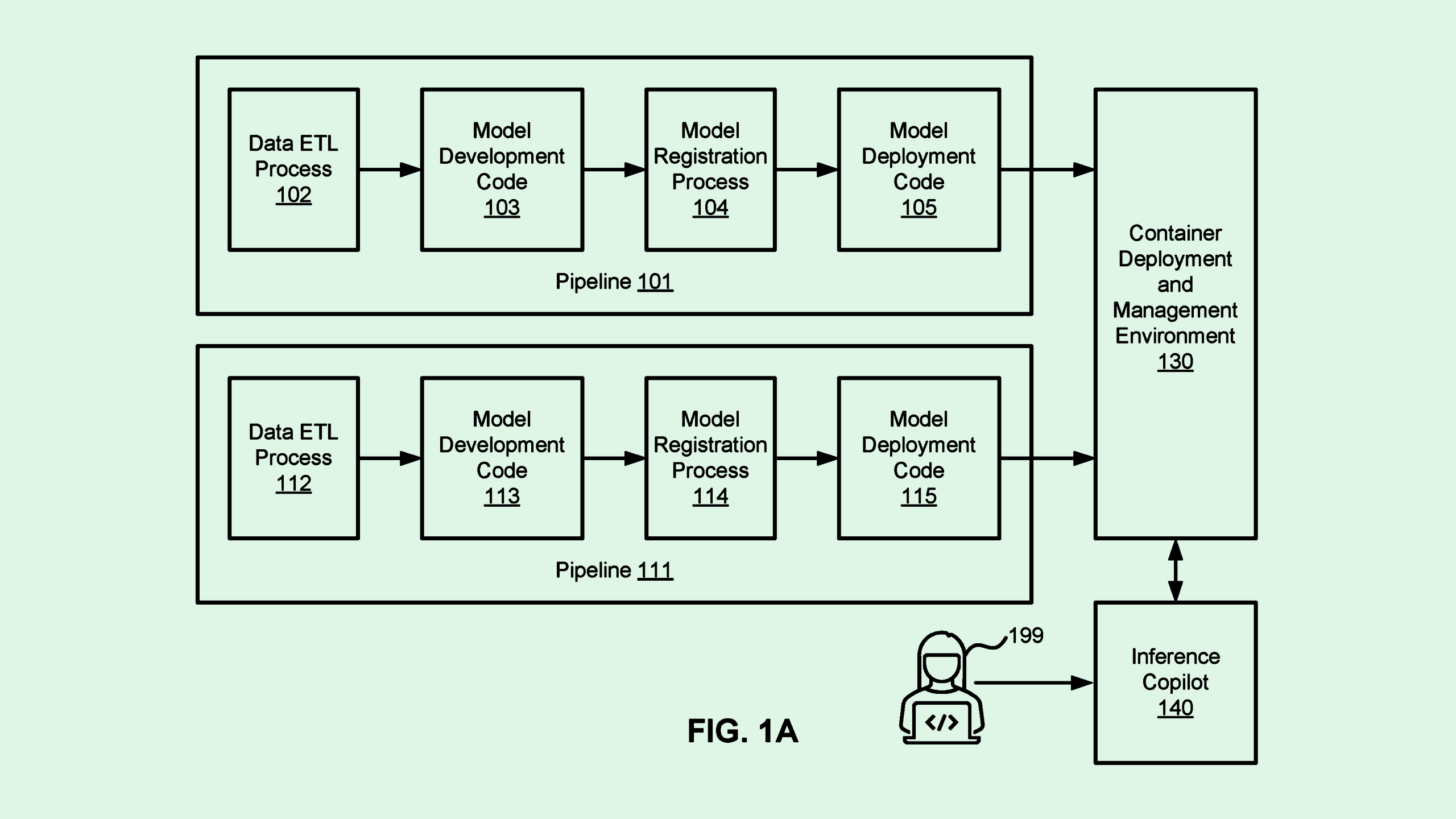
Sign up to get cutting-edge insights and deep dives into innovation and technology trends impacting CIOs and IT leaders.
Do you need to be an AI expert to make your own models?
Microsoft may want to lower the barrier to entry. The company is seeking to patent a system for “machine learning development using language models” that basically makes model development as simple as using a chatbot, relying on a natural language processing assistant and reusable machine learning components to help users DIY their own models.
To start, a user would describe in plain language a task that they want completed. The assistant would then parse that to automatically configure a pipeline of machine learning components. Once the pipeline is set up, the assistant tests different variations of it before presenting it to the user.
The company noted a number of benefits that the tech could provide, such as cutting development time, lowering compute and storage costs and making development more accessible. “The number of people needed to develop, train, and test machine learning components may be significantly reduced,” Microsoft said in the filing.
Microsoft isn’t the only firm that wants to put AI development into everyone’s hands. Salesforce previously sought to patent a similar invention: a system for “building a customized generative artificial intelligence program,” which details a framework to fine-tune generative models to personalized needs with little technical know-how.
Such tools may become increasingly relevant as the AI talent war heats up. In recent months, tech giants have doled out eye-popping pay packages to poach talent from one another. While Meta has made headlines for continuously shaking up its AI division this summer, Microsoft, too, has been building its arsenal, seeking to poach talent from both Meta and Google DeepMind.
But not all enterprises can afford to score their own AI expertise. As many seek to keep up with the broader AI race, tools like these that help less technically-inclined users leverage AI could become a lifeline.

